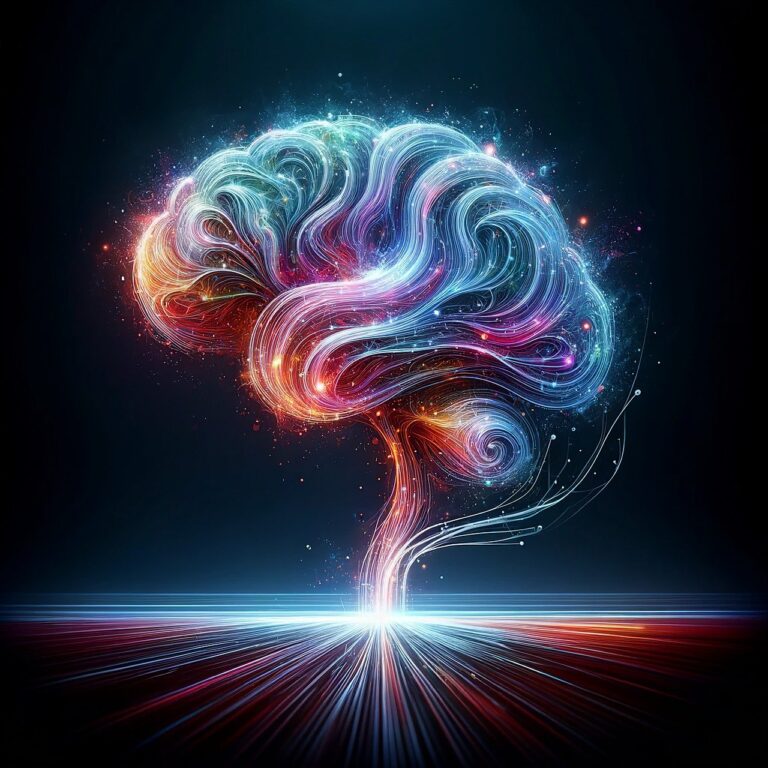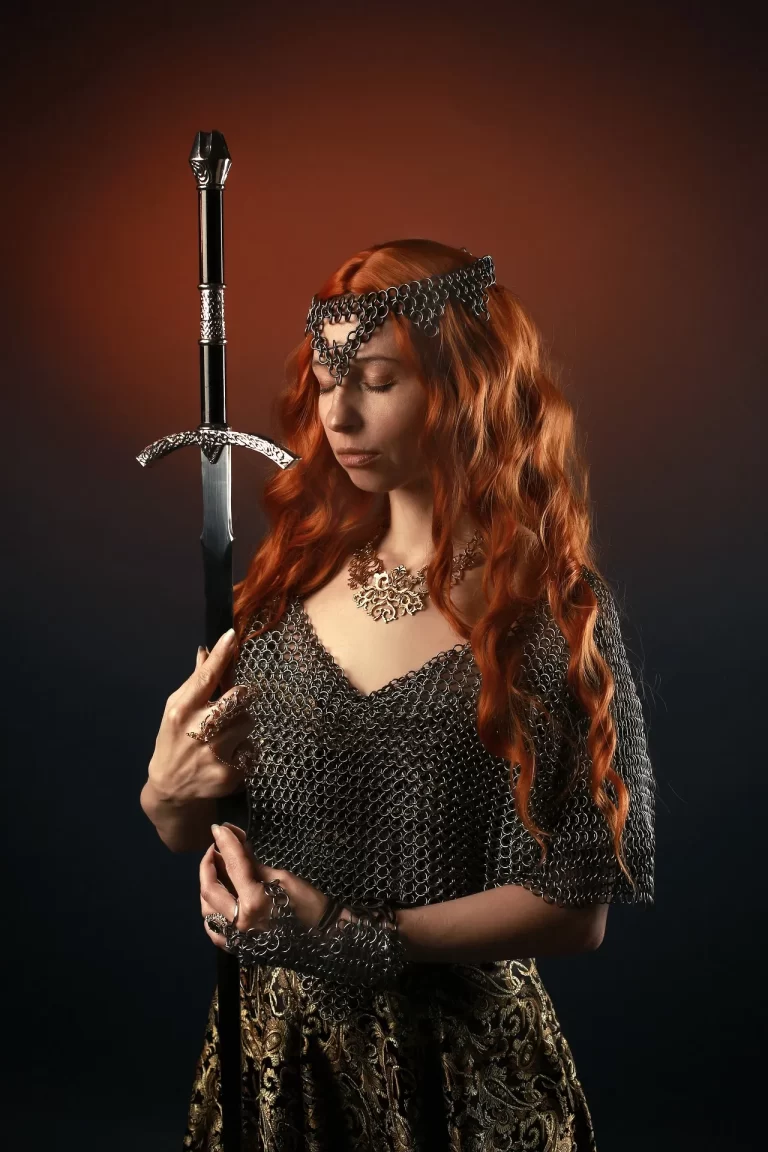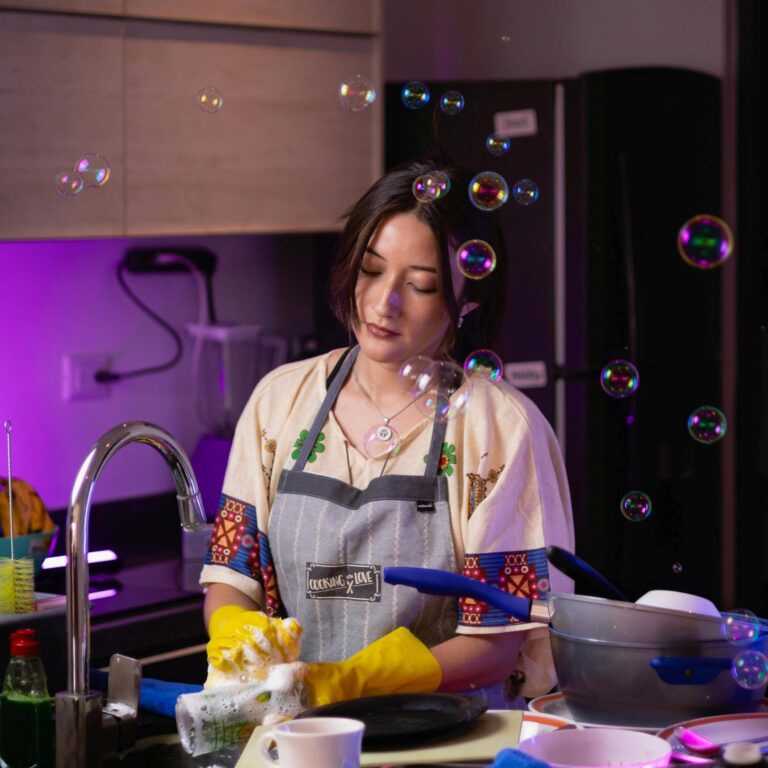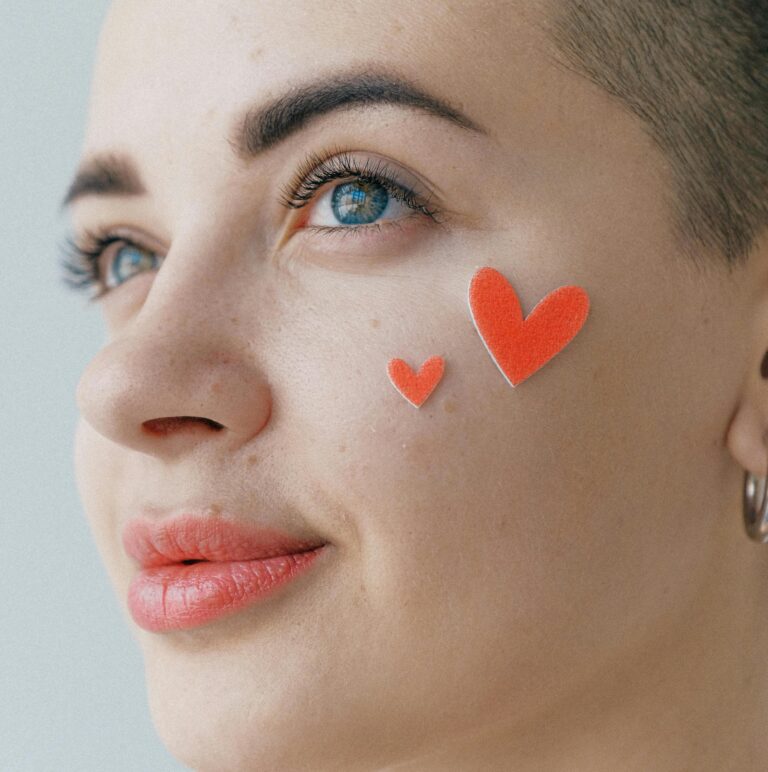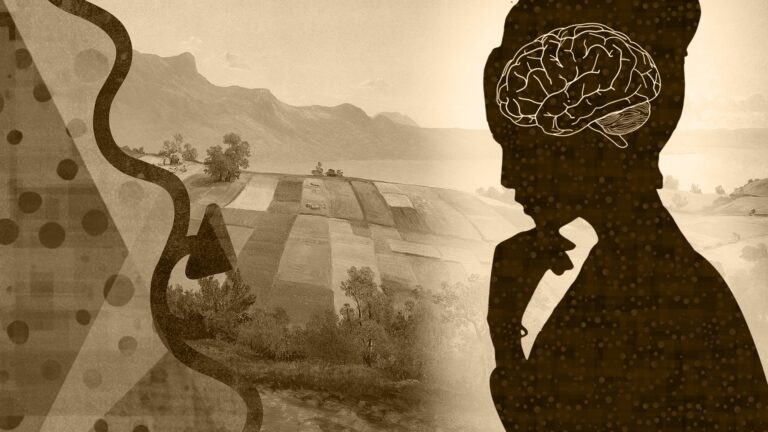I was fifteen. I was running up the stairs to my classroom and passed a bunch of guys from our class. I called out “Hello!” But they didn’t reply. They started laughing at me instead. I don’t know what it was — the clothes I wore, the way I spoke, the way I moved… I knew I was different, but up until that point, it didn’t bother me much. In that split second, I realized that there exists an image of myself in other people’s heads — and that it often isn’t very flattering.
I was the weirdo
I was “that girl”. That girl who had mental anorexia and had to take half a year from school to go to the hospital. That girl who wore weird clothes. That girl who didn’t pay attention. That girl who sometimes started crying during class and had to be sent outside to the school playground to calm down. That girl who tended to the flowers in the school halls during recess because their leaves were dusty and she was sad that they couldn’t breathe.
But I had two wonderful, weird friends, and they tended to the flowers with me. We played crazy games together and were happy. Fitting in didn’t concern me much — until even my best friends started becoming young women instead of the child I still was. Then, I was lonely and sad because nobody wanted to climb trees with me anymore.
When the mask fell into place
I remember pretty well when I started masking full-time. I was in my twenties and I had finally found a new group of friends. Friends that I loved with all my heart. People from a creative writing course. Wonderful, creative, weird people. I thought I had found my family.
But, as it turned out, I was the weirdo even among the group of weirdos. And I fell into a trap I didn’t see: I loved them so much that when they made me feel like I had done something weird, something that just isn’t done even in the small, crazy world of ours, it hurt.
I wanted to be loved. I wanted to be accepted. So I started to be more and more self-conscious, monitoring and controlling my behavior.
I distanced away from everyone
Because I had a background of abuse and neglect, I was also very emotionally needy, and when I realized that, I was horrified. I attempted to stop it. I tried to not need anything from anyone anymore. I have unintentionally created an emotional distance between me and my friends — the people who could have accepted me for what I was. And maybe they did. I often saw the behaviors of others through the lens of my traumatic experience. Maybe they have accepted me more than I thought.
But I didn’t feel accepted — so I had to change. And that change meant carefully controlling my behavior so that I’m not a burden to anyone, so that I’m not too weird, not too needy.
I can’t tell what is the mask and what is me
I fully realize the irony of wearing the mask because then people love the mask, not the one who is underneath. But the mask isn’t so easy to drop. Not when I feel like the love and acceptance of others depends on it.
I have grown up into adulthood with that mask on and sometimes it’s impossible to tell what is a mask and what is the real me. It had become so fused with my face that I don’t know what is my real skin and what is the disguise that covers it.
The mask helps me to fit in — for a price
It helps me survive among people. I gradually learned scripts for different kinds of situations. I needed only to mess up once to remember what is simply not done. And I messed up a lot. Or at least I felt this way. So I needed to cover my real behavior with those scripts a lot. And I felt accepted more. It can be an immensely useful tool — one that I’m not so eager to throw away.
But it’s also a trap.
And not only for mental health reasons.
I have realized lately that masking has heavily impacted my creativity. I still write intellectual texts and articles — like this one -, but I have mostly stopped writing from my emotions. I have stopped creating little poems and short stories where the girl becomes The Lady of the Forest. Where the boy turns into a dragon.
Lately, I have found something that I thought was long lost — a box of my older stories. There were so many of them! Most of them are unfinished, but oh, how I miss the feeling of writing them!
I was always writing my heart out
I have been writing various kinds of text all my life, from my earliest childhood. They have been always filled with intense emotion. When I later started attending the creative writing course, all of the snippets of text and short stories I have written there were highly emotional. I often wrote for release — I had strong anxiety and depression, and writing helped me to explore those dark corners of my soul, to let the darkness out a bit.
And I loved the feeling that came with writing. The amazing trance when your emotions spill on the paper and dance there, creating a dream.
I want to write with my emotions again
I discovered I miss my creative side. The emotional one. The one that could render a room full of people silent for a few heartbeats when I finish reading my creation before they burst into applause. Those few moments of silence, people stunned by my words, were the highest form of compliment for me.
I loved that I can impact people this way. Yes, I’m a bit vain. (Probably more than a bit.) I loved that I can make people feel deeply.
But what I missed the most was the creative trance of writing.
And for that, I want to throw my mask away. Throw it as far away as I can and become again joyfully, unapologetically me.
A few days ago, I wrote this letter to my friends on Facebook:
“This is a plea for help.
All of you, all of you who are here, and many who are not, have at some time in your lives shown me in small ways that you do not accept the real, spontaneous me. I now know that this is the autistic and ADHD self, among others. That I’m different in some ways. It was the little things. But I notice the little things, a lot.
This isn’t a rebuke, it’s a statement. It’s a human automatic response to difference.
And I’ve started to mask it because nobody wants to be unaccepted. Especially by people they love. I lost my authenticity, my creativity, my real relationships… and I got social phobia and fear of people.
I want to unmask now. I need to unmask now. And that means I’m gonna be weird. Maybe very weird. Please help me. Please accept me as weird. Even if you don’t understand.”
And they said they will.

In the ebook AuDHD Experience, which is a collection of posts from this blog, I talk about the constant inner conflict. About autistic days and ADHD days. About the AuDHD burnout and why it’s so hard to get out of it. About balancing these two very different sets of needs – and about self-acceptance, despite the odds. If you want to feel that someone gets you, this ebook is just the thing for you. Check it out now here!
Helen Olivier is a neurodivergent writer, AuDHD explorer, and professional overthinker with 40+ years of lived experience in the wonderfully weird world of ADHD + autism. She writes for people who’ve been told they’re “too much” or “not enough,” offering comfort, clarity, and the occasional executive dysfunction survival hack. Her blog is her way of turning daily chaos into useful insights for other neurodivergent folks.
This blog is based on personal experience and is not medical advice. Always consult a qualified healthcare professional before making changes to your health, treatment, or medications.
Helen Olivier is a neurodivergent writer, AuDHD explorer, and professional overthinker with 40+ years of lived experience in the wonderfully weird world of ADHD + autism. She writes for people who’ve been told they’re “too much” or “not enough,” offering comfort, clarity, and the occasional executive dysfunction survival hack. Her blog is her way of turning daily chaos into useful insights for other neurodivergent folks.
This blog is based on personal experience and is not medical advice. Always consult a qualified healthcare professional before making changes to your health, treatment, or medications.
